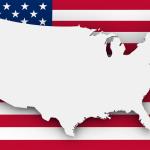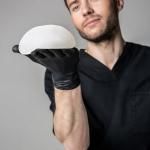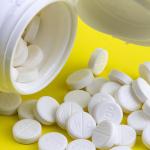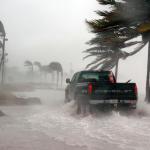The era of cholesterol-lowering drugs called statins began in 1987 when lovastatin (Mevacor) was approved. Although widely used, these drugs are not without some controversy.
Disease
“Rise in heart disease may be explained by extreme weather conditions,” ABC News reported last week.
“Governors were responsible for establishing interventions appropriate for their states and the timing of implementation.”[2]
First, you can find the entire report of the Aesthetic society here.
Unlike other research, which most often considers the population in North American and Europe's high-income countries, the authors focused on a range of countries categorized by income level.
“We were very surprised that posture had such an immense effect on the dissolution rate of a pill.”
Lags in reported deaths have at least two sources: physiological and bureaucratic.
All of “God’s creatures,” from the viruses and fungi to humans, have, through the forces of evolution, developed biological niches – the range they occupy across the earth and where we stand in the food
Join ACSH directors of bio-sciences and chemistry Cameron English and Dr. Josh Bloom as they break down these stories on episode 15 of the Science Dispatch podcast:












